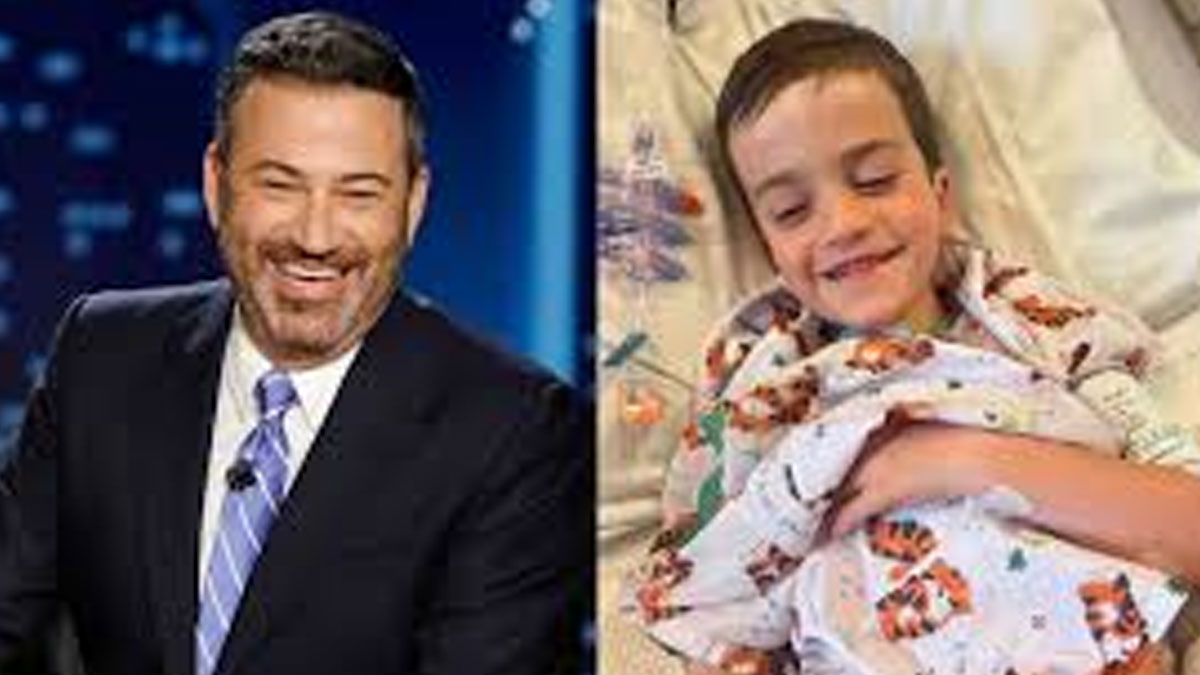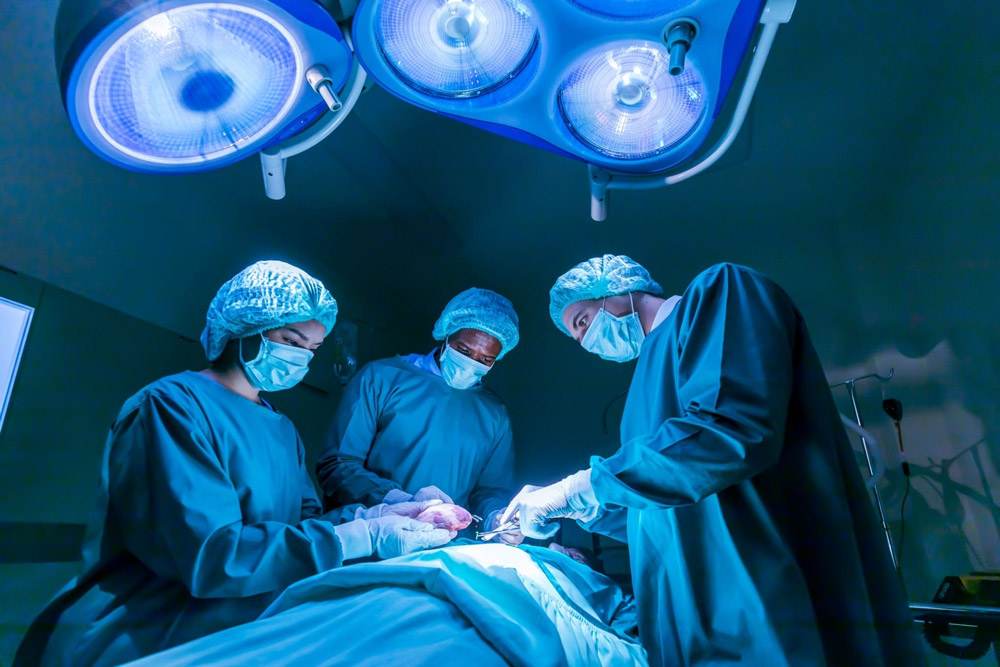
Renowned late-night talk show host Jimmy Kimmel recently shared the news that his seven-year-old son, Billy, has undergone his third open heart surgery over the Memorial Day weekend. In an emotional Instagram post, Kimmel detailed the family's journey through this challenging time, expressing both their fears and optimism. The surgery, which took place at Children's Hospital Los Angeles (CHLA), has been successful, bringing relief and joy to the Kimmel family.
Table of Content:-
A Parent's Gratitude and Strength
Jimmy Kimmel's post was filled with gratitude for his wife, Molly McNearney, highlighting her incredible strength throughout their son's health struggles. He wrote, "Thank you to my wife Molly for being stronger than is reasonable for any Mom to be and Billy, you are the toughest (and funniest) 7-year-old we know." Kimmel has been transparent about Billy's health issues since birth, using his platform to advocate for better health insurance coverage and support for families facing similar challenges.
Billy was born with a congenital heart defect that required open-heart surgery when he was just three days old. Since then, the family has navigated the complexities of his condition, drawing strength from the support of medical professionals, friends, and the broader community. Kimmel expressed deep appreciation for the doctors, nurses, and staff at CHLA, describing their efforts as nothing short of miraculous.
View this post on Instagram
The Importance of Open Heart Surgery
Open-heart surgery is a critical procedure often used to treat severe heart conditions. According to the National Heart, Lung, and Blood Institute (NHLBI), the most common type of heart surgery for adults is coronary artery bypass grafting (CABG). However, open-heart surgery encompasses a range of procedures that can address various heart issues, including repairing or replacing heart valves, fixing damaged areas of the heart, implanting medical devices, and even performing heart transplants.
When is Open-Heart Surgery Needed?
Open-heart surgery may be necessary for individuals with coronary heart disease, a condition where the coronary arteries become narrowed or blocked due to the buildup of fatty plaque. This blockage restricts blood flow to the heart, increasing the risk of heart attacks. The surgery can bypass these blocked arteries, restoring proper blood flow and preventing heart complications.
Other indications for open-heart surgery include repairing congenital heart defects, like Billy's condition, and addressing other structural heart issues. These surgeries are crucial for improving the quality of life and longevity for those affected by serious heart problems.

Risks Associated with Open-Heart Surgery
While open-heart surgery can be life-saving, it also comes with risks. Potential complications include chest wound infections, particularly in patients with obesity or diabetes, and those undergoing repeat procedures. Other risks include heart attacks, strokes, irregular heartbeats, lung or kidney failure, and blood clots. There is also the risk of memory loss or cognitive decline, although recent studies suggest this may be more related to aging than the surgery itself.
Recovery and Follow-Up
Recovery from open-heart surgery requires diligent post-operative care. Incision care is paramount to prevent infections, and patients must keep their incision sites clean and dry. Pain management is also critical, as it helps speed up recovery and reduce complications like blood clots or pneumonia. Patients often experience various types of pain post-surgery, including muscle pain, throat pain, and pain at the incision site.
Adequate sleep is essential for recovery, although many patients struggle with sleep disturbances post-surgery. Tips for better sleep include taking pain medication before bed, arranging pillows for comfort, and avoiding caffeine. Emotional recovery is equally important, as some patients may experience depression or anxiety after surgery. Engaging with a therapist or psychologist can be beneficial.
Bottomline
Jimmy Kimmel's openness about his son's medical journey has brought significant attention to the challenges and triumphs faced by families dealing with congenital heart defects. Billy's recent successful surgery is a testament to the resilience of the human spirit and the extraordinary capabilities of modern medicine. As Billy continues to recover, his story serves as an inspiration and a reminder of the critical importance of medical advancements and comprehensive healthcare support for all.
Also watch this video
How we keep this article up to date:
We work with experts and keep a close eye on the latest in health and wellness. Whenever there is a new research or helpful information, we update our articles with accurate and useful advice.
Current Version